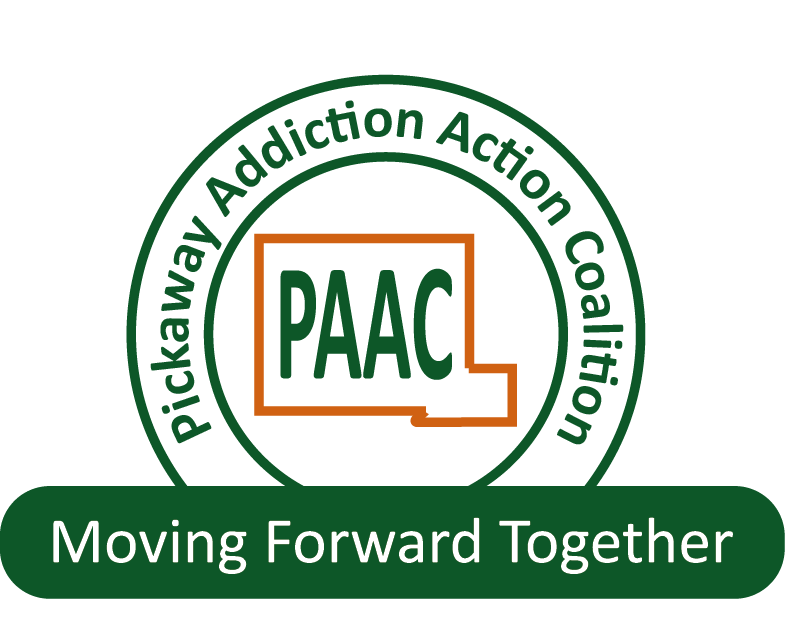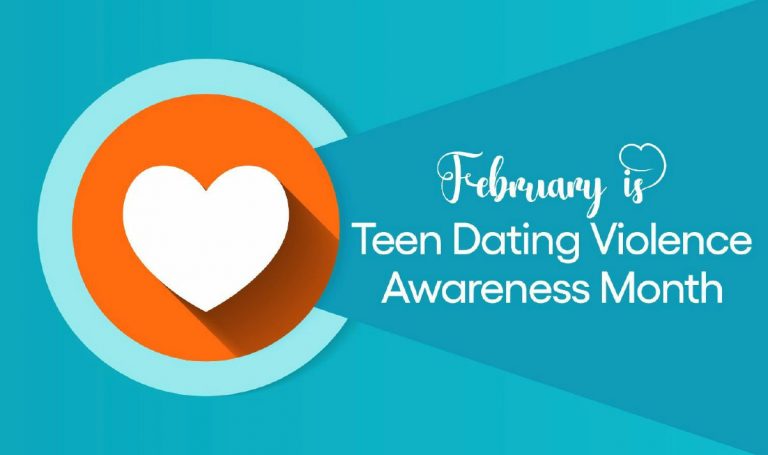KNOW! to Promote Healthy Friendships
Why do healthy friendships matter?
Healthy, positive friendships provide youth with companionship, support, and a sense of belonging. Through healthy friendships, young people can build positive social skills, learn to develop their own unique identity, and become motivated to engage in academics and extracurricular activities. Healthy friendships can encourage or reinforce healthy behavior and often act as protective factors against unhealthy behaviors like substance use.1,2
In healthy friendships, young people should feel safe to feel and express their emotions while respecting themselves and others. Healthy friendships are based on mutual trust, honesty, and good communication. Importantly, the main place where youth learn about friendships is in their families. The way they interact with friends is greatly influenced by what they learn from building and maintaining relationships with their parents, caregivers, and siblings. Caring adults have an important role to play in promoting healthy friendships among young people. You can make a strong, positive impact on your young loved one and help lay the groundwork for them to build and maintain healthy relationships throughout their lives.2,3
Promoting Healthy Friendships At An Early Age (1-5)
Expressing Emotions
Young children feel emotions intensely. At this age, you can teach your loved one how to feel the emotional and physical sensations of their emotions and express those emotions without hurting others. When your loved one is experiencing big emotions due to a conflict with a friend, stay calm, give them space, and provide them with the words to communicate their feelings.5,6
Notice Their Social Style
Pay attention to your loved one’s social strengths and challenges when they interact with others. A shy child may need your support in initiating interactions with their peers. A social child may need support in remembering to give their friends space.5
Promoting Healthy Friendships During Elementary School Years (6-12)
Conflict Resolution
Support your loved one when they have conflicts with friends. Remind them that although friends sometimes hurt each other, they can always apologize and forgive one another. Emphasize that good, positive friendships are worth the work that it takes to resolve conflicts.
Building Empathy
When a friendship creates disappointment for your loved one, use this opportunity to help them identify their emotions and think about what emotions their friend may be feeling. Emphasize that your loved one should consider their own emotions and those of their friends before acting.
Getting Involved
Pay attention to your loved one’s friendships and take opportunities to get involved in their school, sports, or club events. Pre-teens may see your involvement as “embarrassing,” but just being present for the things that are important to them can go a long way in supporting them and their friendships. Use your involvement as an opportunity to appreciate how your loved one gets along with their peers.
Promoting Healthy Friendships During Adolescence (12-18)
Learn About Their Friends
During adolescence, many young people gain new interests and activities. Your loved one may be fitting into a new crowd and finding a new role for themselves within that group. As a caring adult, keep up with these changes. 5
Peer Pressure
It’s important to discuss negative peer pressure and how to cope with it. Talk about how you’ve handled peer pressure in your life and what it felt like to be pressured. Be honest about the difficulties of facing peer pressure. Help your loved one identify trusted adults that they feel safe to reach out to when they are in a difficult situation.
Social Isolation
If it seems like your loved one is uninterested in friendships or is isolating themselves, ask them about it. Social isolation may be concerning for your loved one’s mental health, so reaching out to a teacher or school counselor about your concerns is a good option.
Not Sure You Like Their Friends?
You may not always like your loved one’s friends. Ask your loved one what they like about their friends and genuinely try to understand their perspective. If you have concerns about their friend being a negative influence, share your perspective in a non-threatening, non-judgmental way.
Social Media
Teens use social media to build and maintain their friendships. Stay involved with your loved one’s social media while respecting their privacy. Ask them whether there is a trusted adult that they would be willing to have follow them on all social media, even if that adult is not you. Emphasize that you don’t want to invade their privacy, you just want to make sure they’re safe.3,5
Growing Apart From Friends
During adolescence, it’s common for friendships to shift as young people find new interests and mature. Remind your loved one that it’s okay for friends to outgrow each other. At the same time, losing a friend to distance or life changes can be a significant loss. Acknowledge the hurt and anger they may be feeling and offer your comfort and support.8
Talking Tips
Show your loved one that feeling their emotions is okay and that you also feel those emotions sometimes too. Try telling them something like this: “I know you are upset that your friend couldn’t play today. I get angry when I don’t get to do things I want to do too.”7
Use yourself as an example. Talk to them about a time in your life when you were feeling angry or hurt by a friend and how you worked to repair the damage to your friendship. Reminder: Let them know that some friendships may not be worth saving, particularly in the case of especially egregious actions, such as bullying. In those cases, it’s fine to walk away.8
Without judgment, ask your loved one directly about how they feel. Asking “How are you feeling about __?” is an excellent place to start. If they have difficulty naming their feelings, using a tool like the feelings wheel may be helpful.5
Start the conversation about the challenges of balancing time between different friend groups, activities, and family. Ask “What’s the hardest thing about juggling friendships and other stuff?” and really listen to the challenges they are facing.5
Phrase your questions around the positives. Remember that your goal is not to judge, but rather to learn. For example, try asking:
- What do you like about your new friends?
- How do your new friends support you?
- How do you support them?
- What did you and your friends end up doing last night?
- How do you and your friends have fun?
Give them an excuse. Work together with your loved one to come up with a canned excuse that they can use when they feel uncomfortable or pressured to participate in something they don’t want to. Some families create an arrangement where if kids text their parents a certain word or phrase, their parent will call and create an excuse for them to come home.3,8
Ask neutral, open-ended questions. Try a question like “Seems like you haven’t mentioned your friends much lately, what going on with them?” to ease into this tough conversation.3
Focus on the behavior that you find concerning, rather than the friend’s personality or character. Provide an example of the behavior, share why it concerns you, and recommend alternatives.3
Remember: “Adults can’t control youth friendships, but you can be a role model for positive, respectful relationships and talk with youth about healthy friendships.” 3









